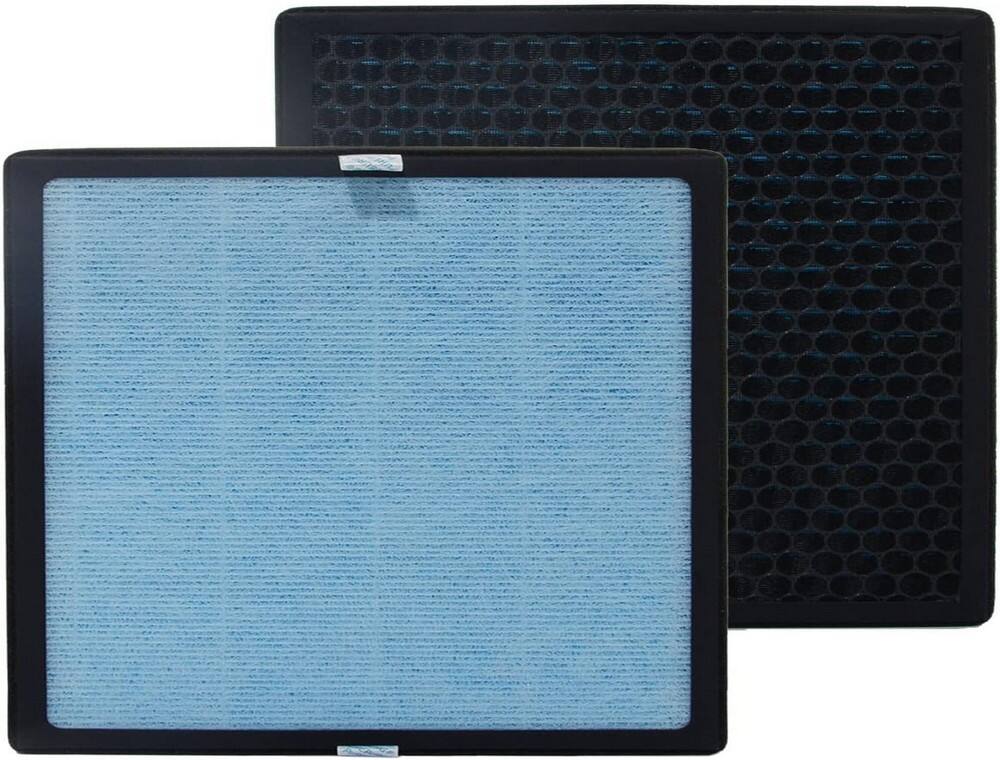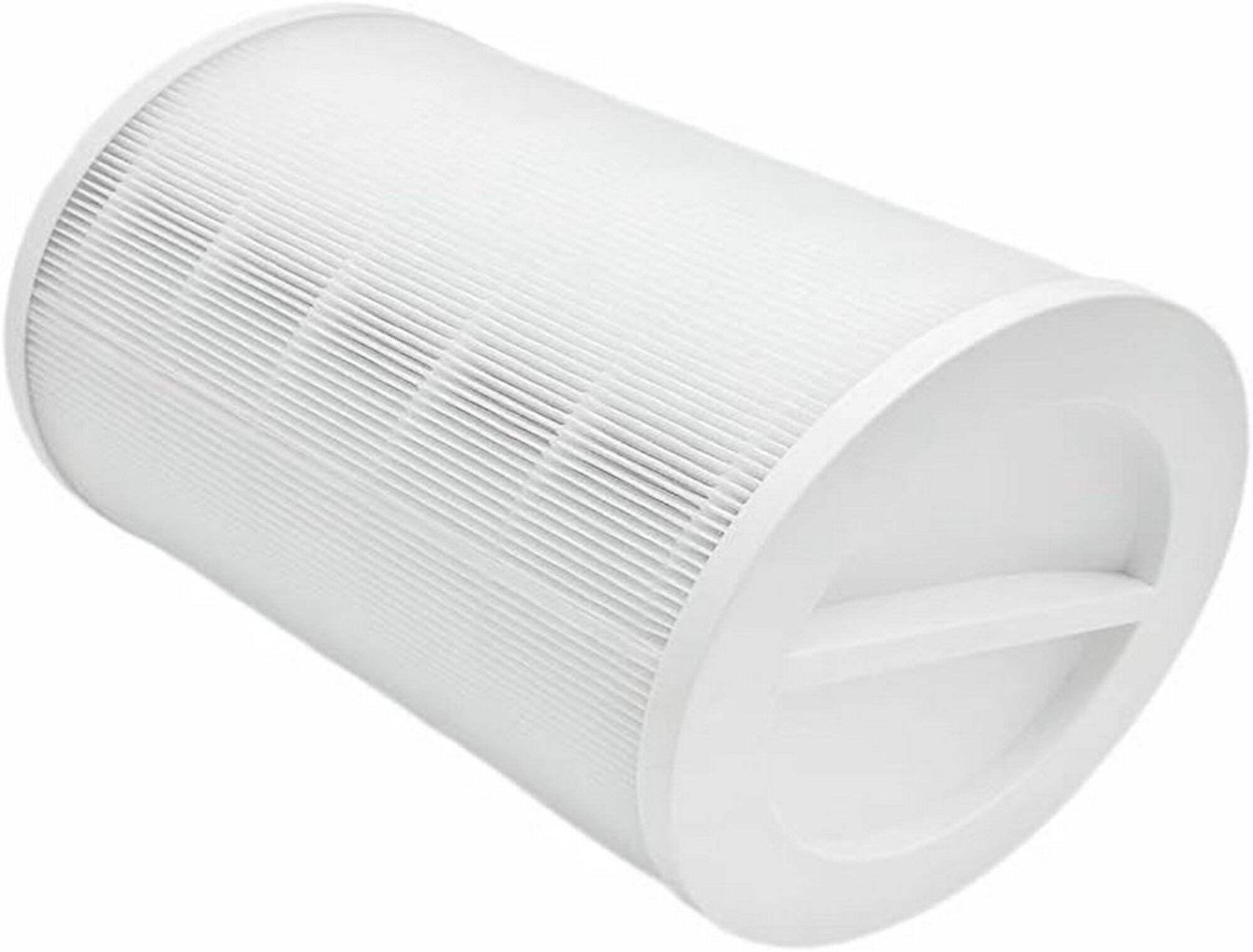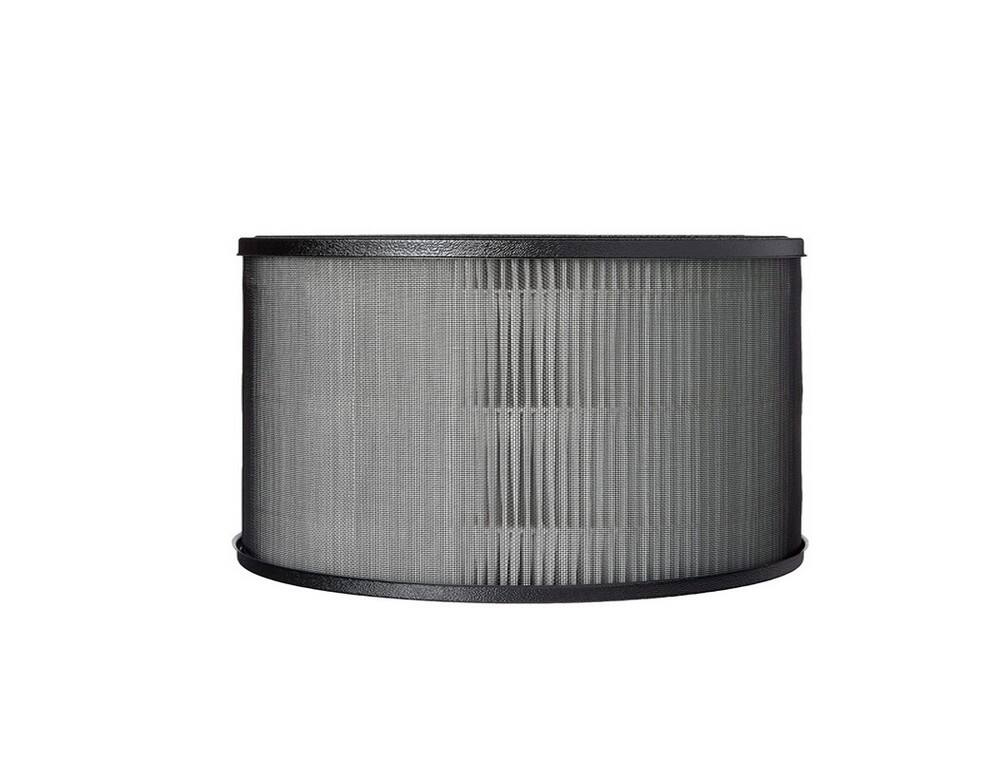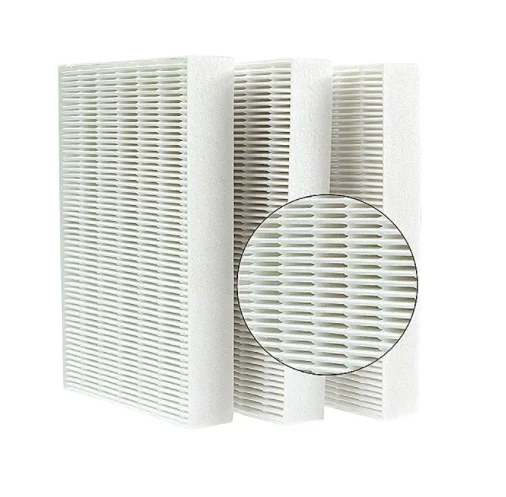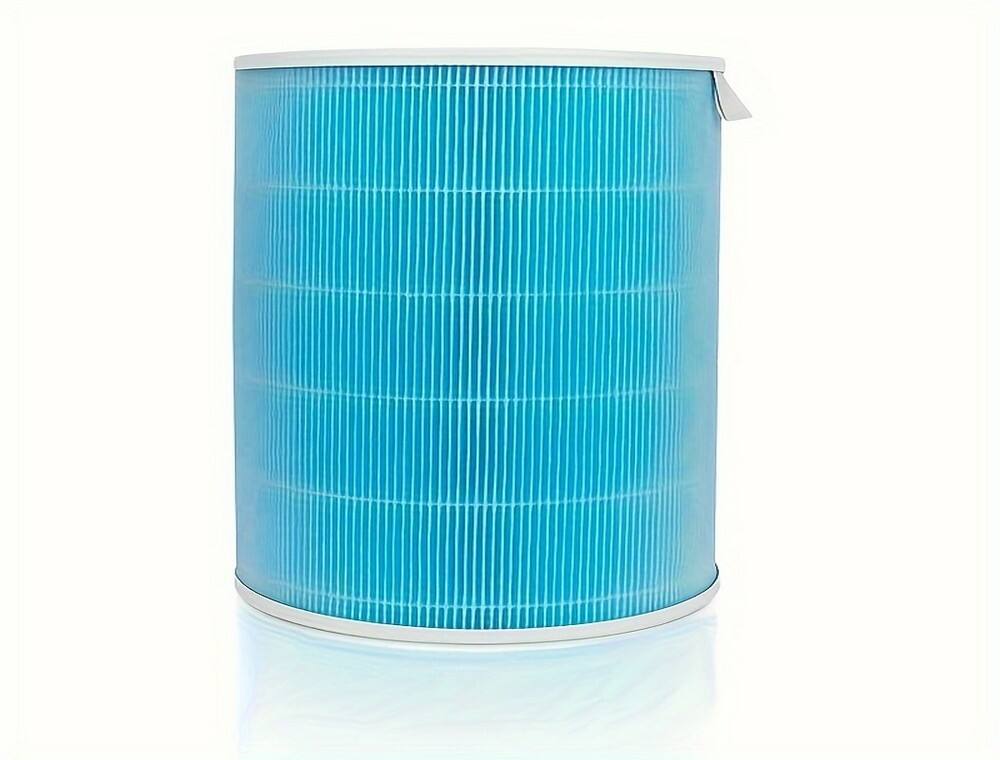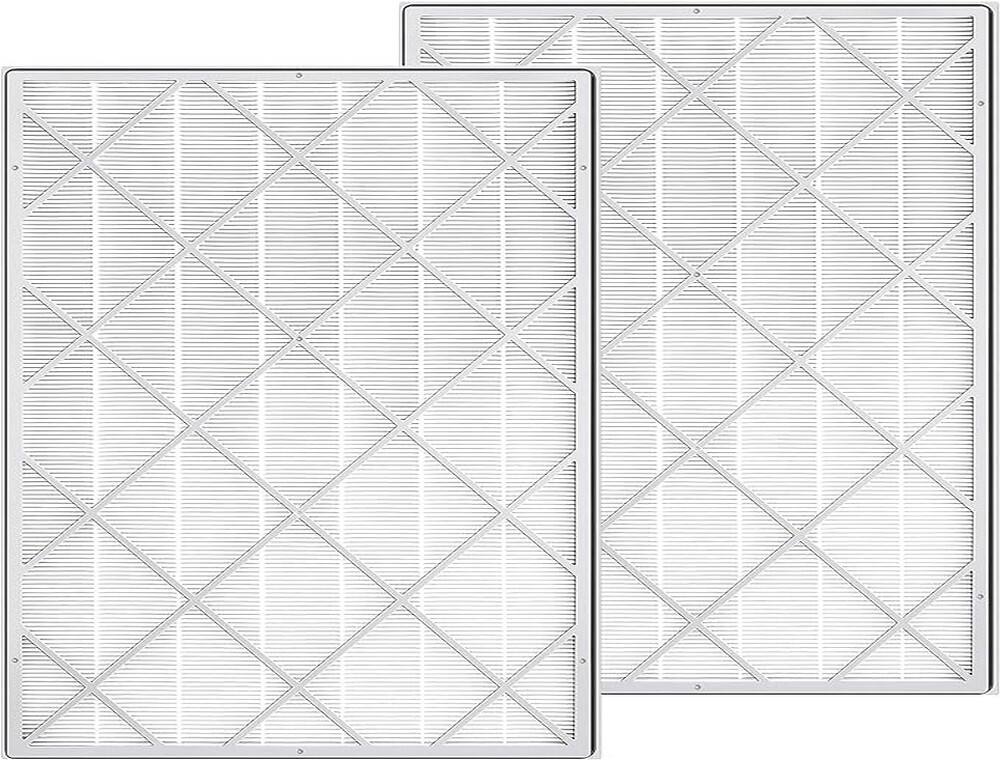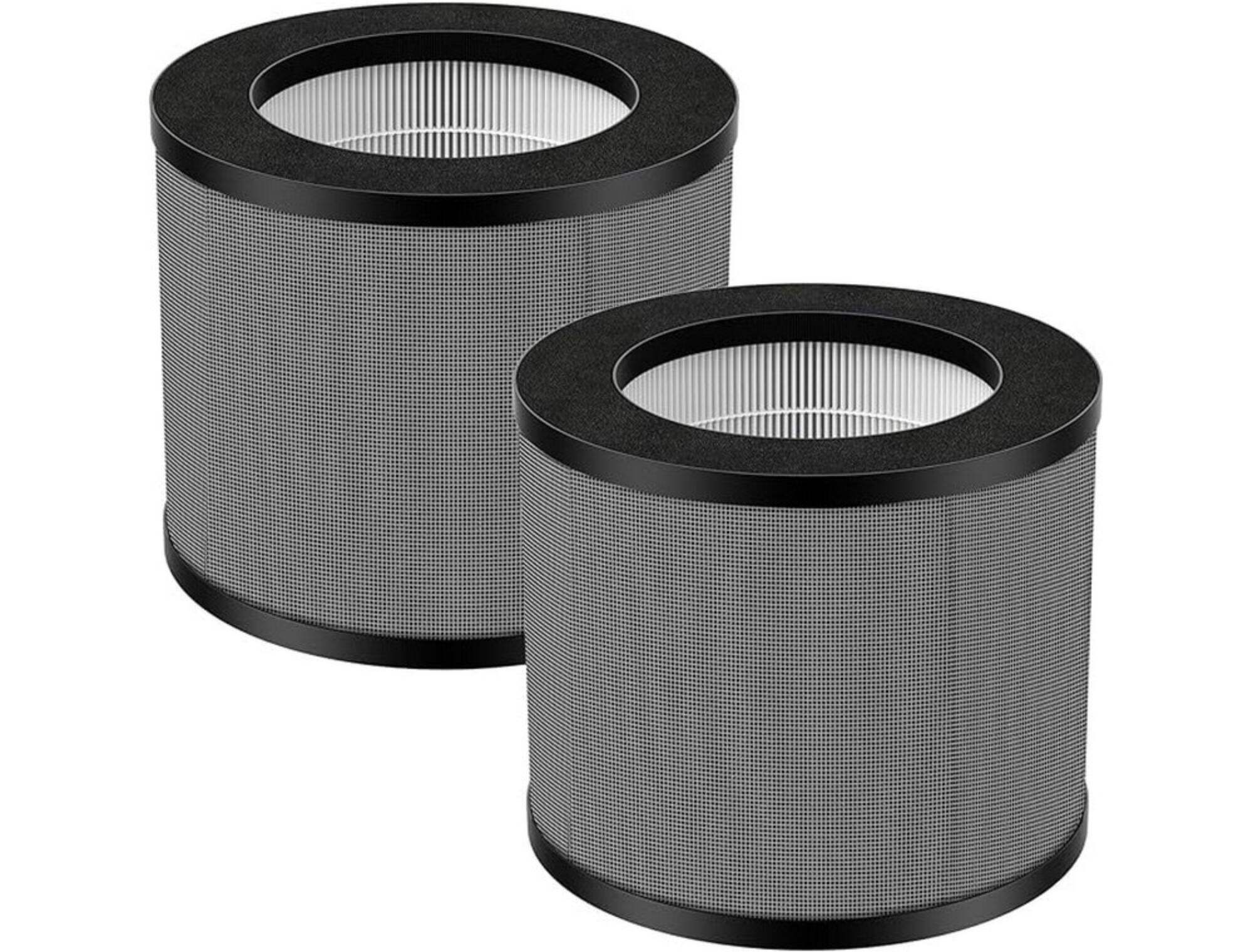Commercial and Industrial Buildings
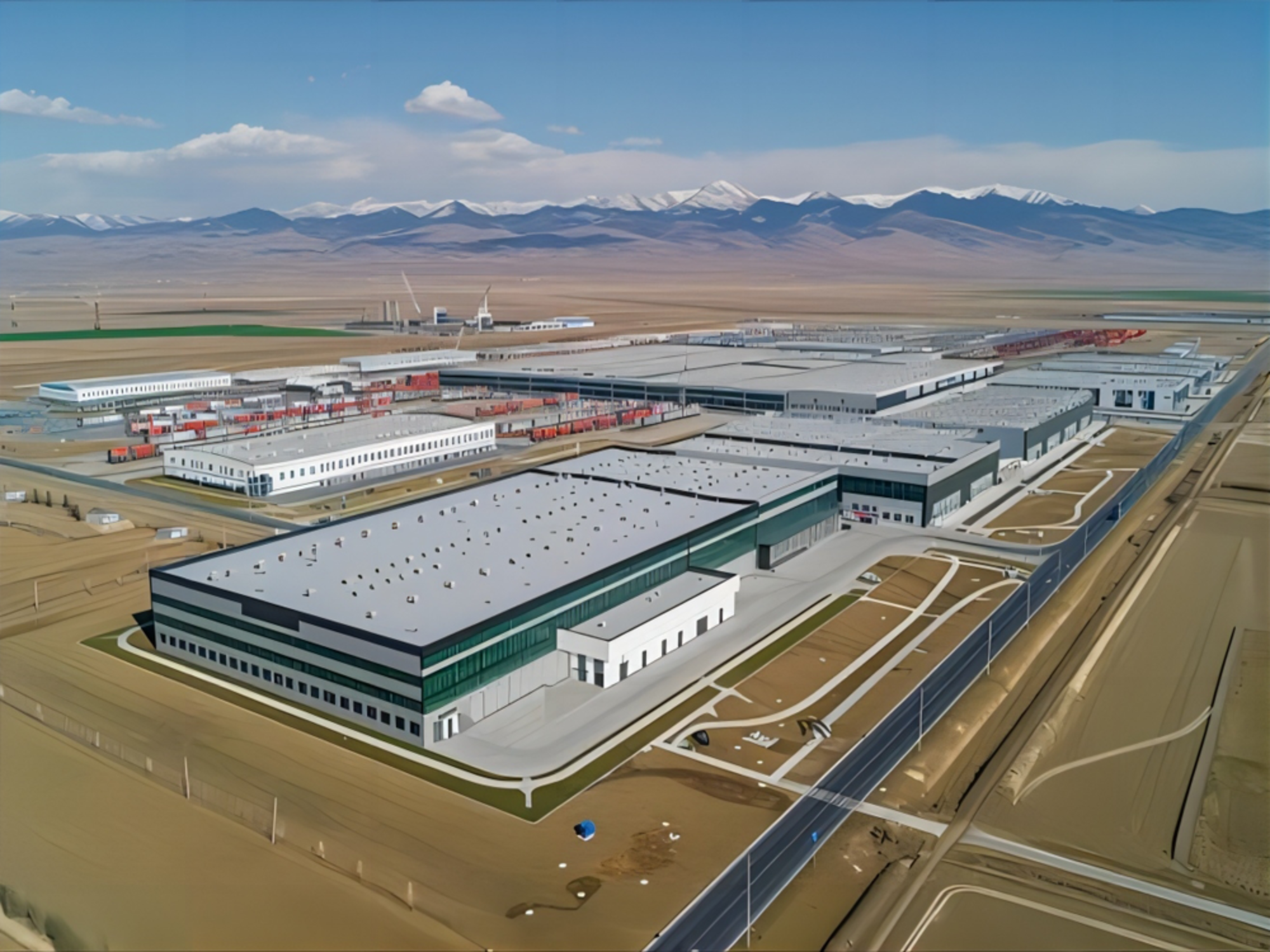
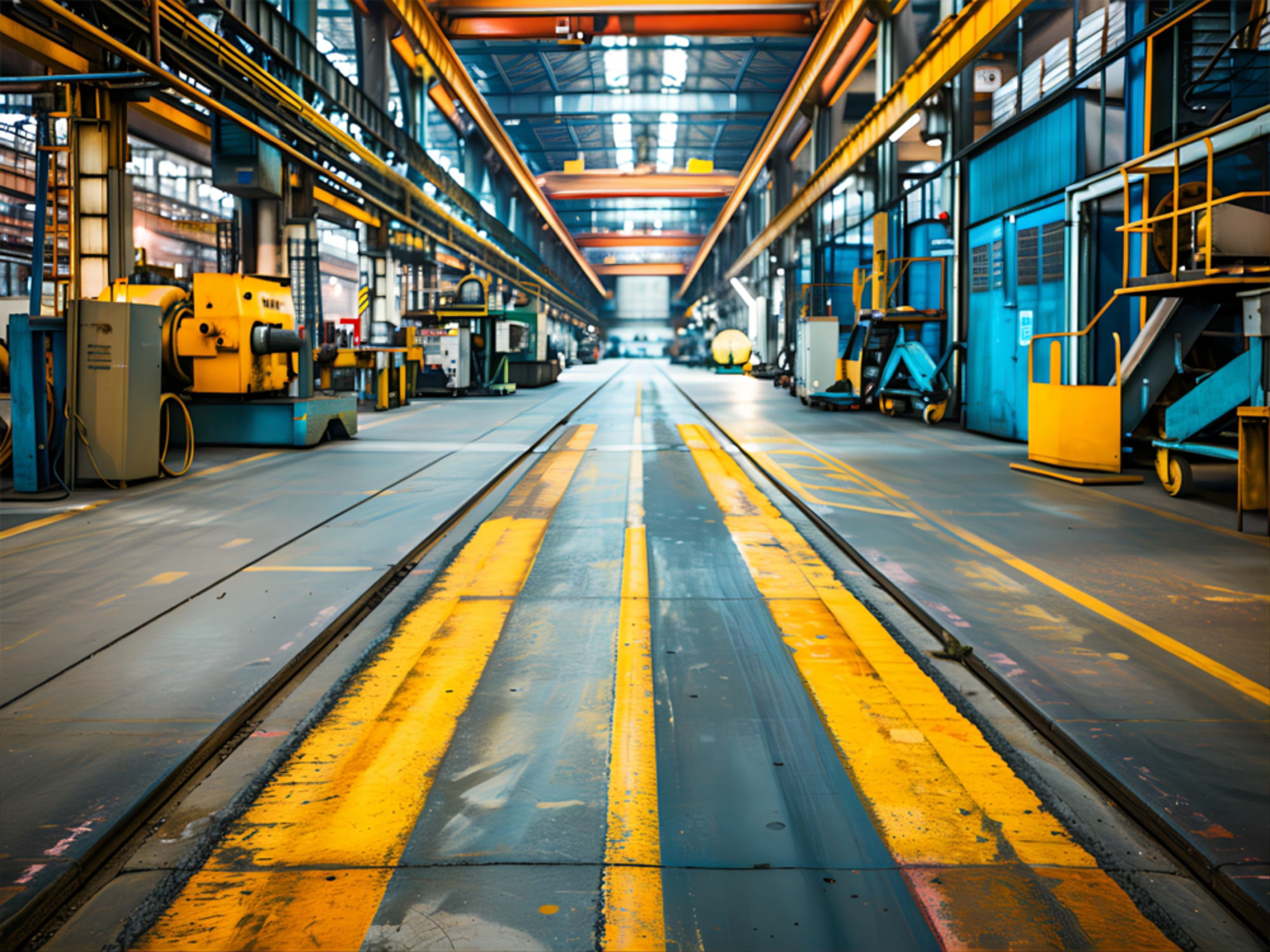
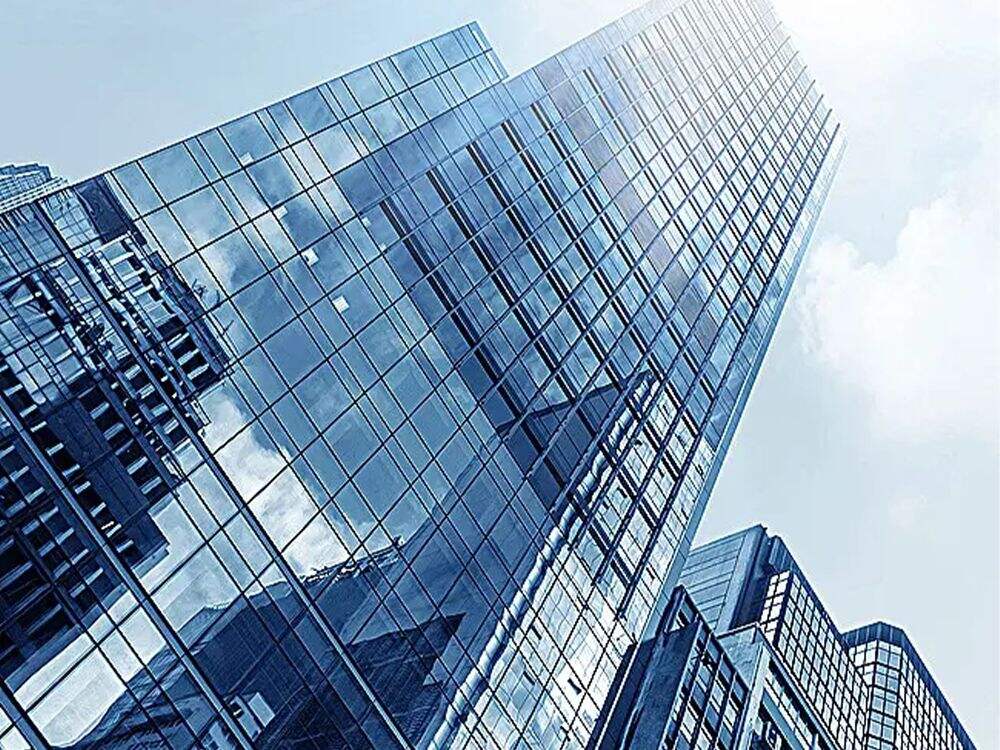
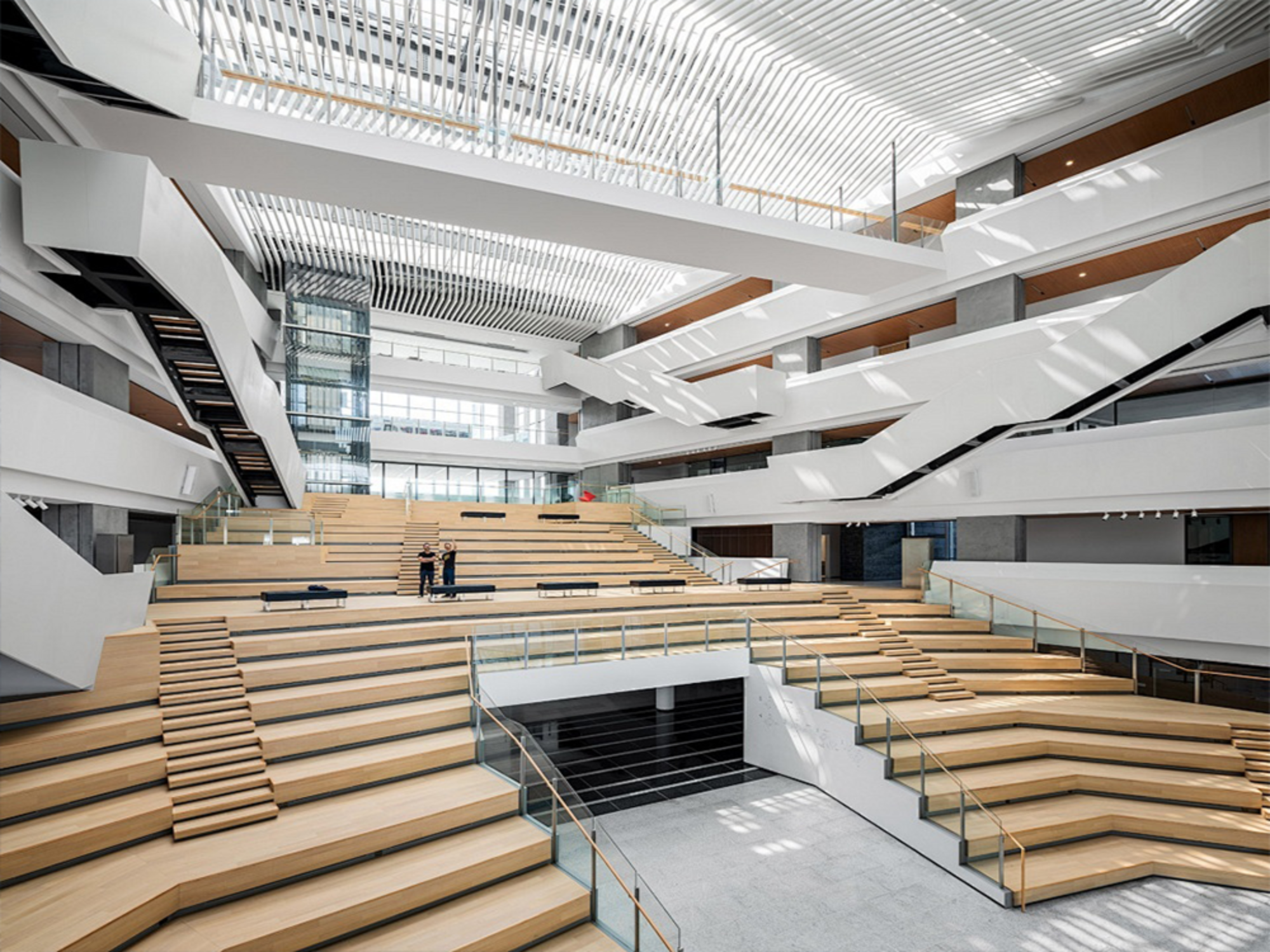
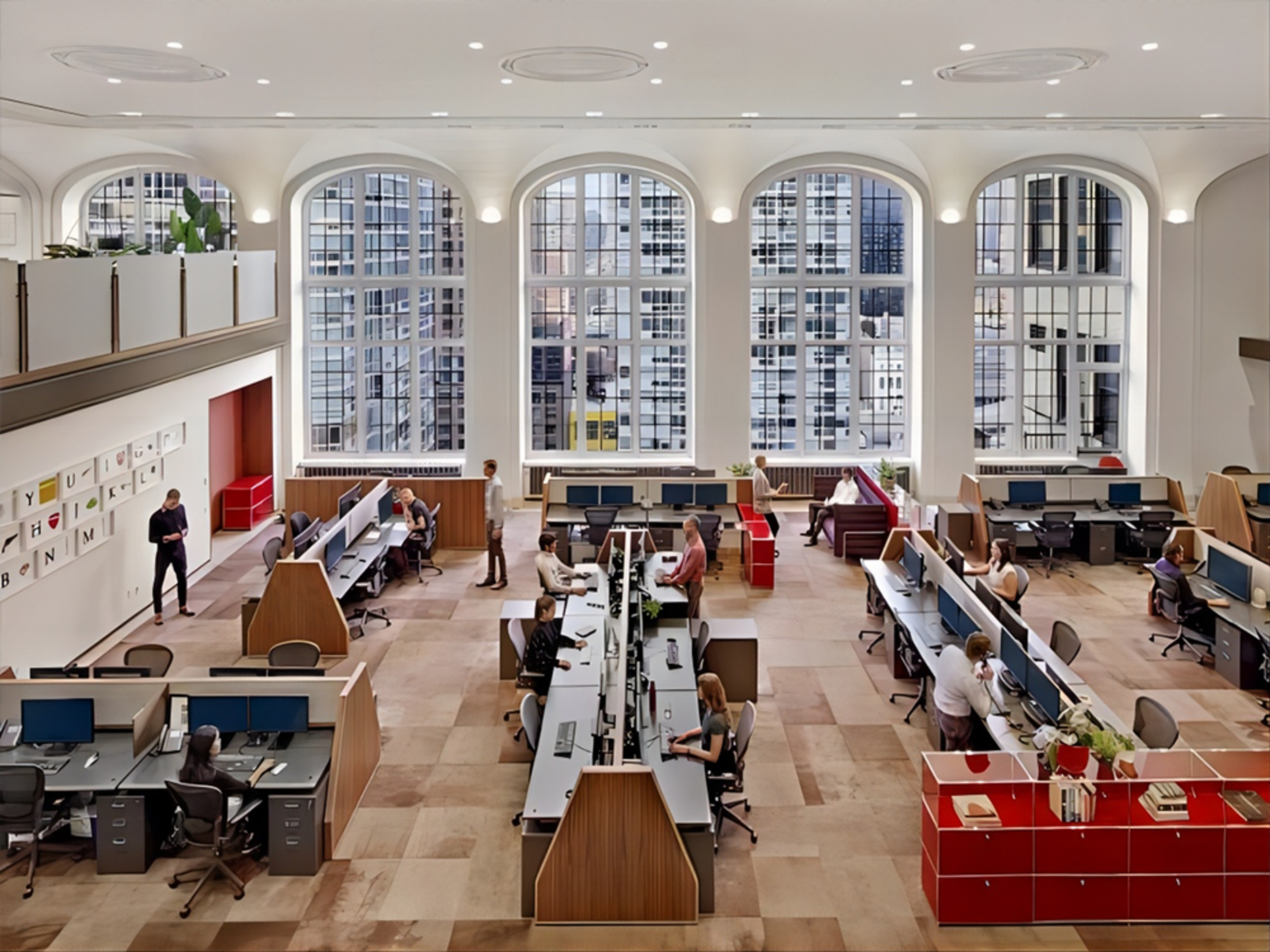
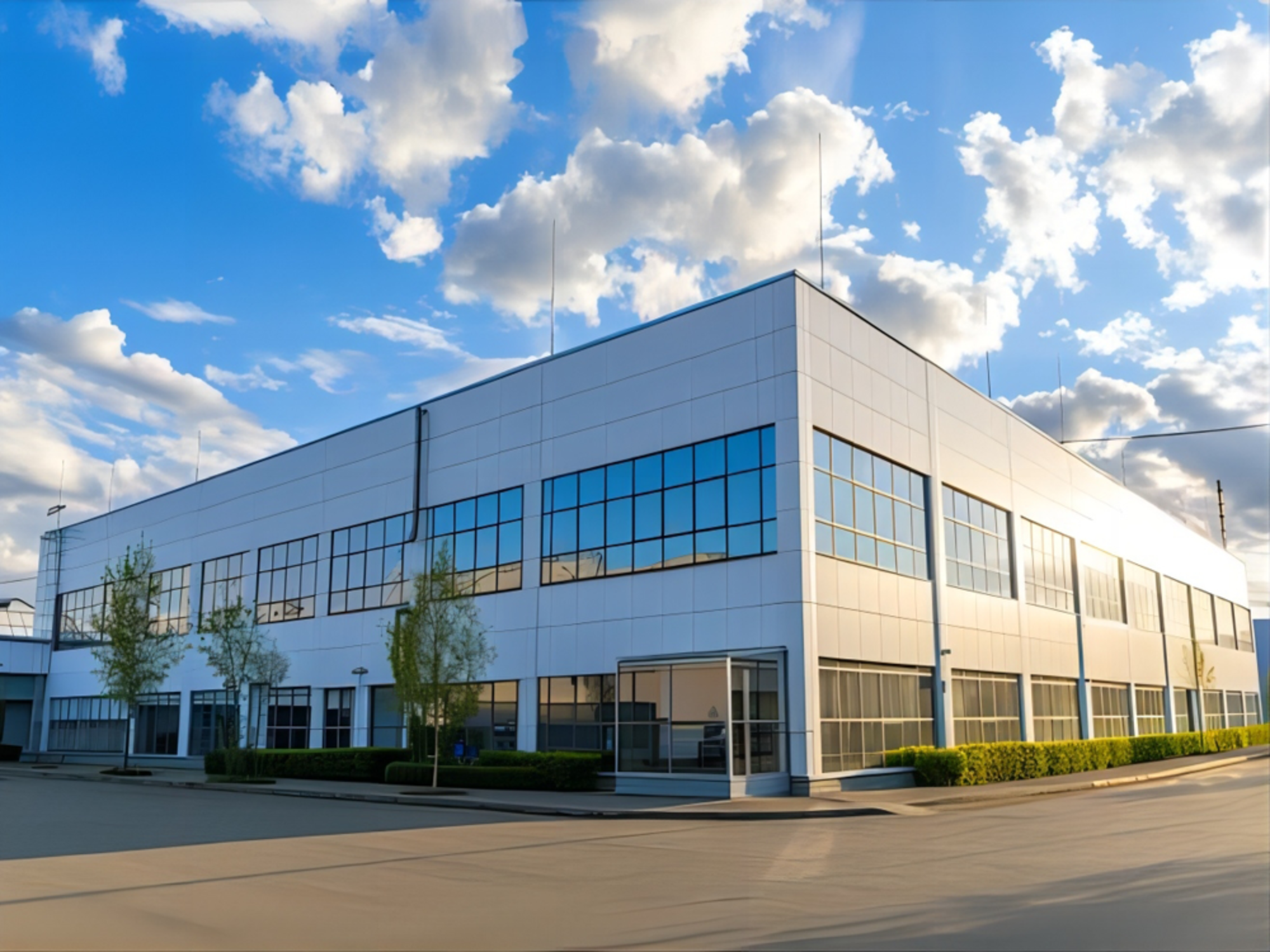




Key Impacts of Humidifier Filters on Buildings
As a supplier of humidifier filters, understanding their impact on buildings is crucial. Here are the main impacts of humidifier filters on buildings:
1. Indoor Air Quality Management
Humidifier filters play a key role in capturing dust, pollen, and other airborne particles. This air purification function helps maintain high indoor air quality, reducing the accumulation of pollutants and positively affecting the overall environment within buildings.
2. Energy Efficiency
Efficient humidifier filters help maintain optimal humidity levels within buildings, reducing the need for excessive HVAC system operation. This optimization can lower energy consumption, decrease operating costs, and contribute to the building's sustainability.
3. Protection of Building Materials
By controlling humidity, humidifier filters help prevent mold growth, wood warping, and other damage caused by excessive moisture. Good humidity management can extend the lifespan of building materials, reducing the need for maintenance and repairs, thereby enhancing the building's durability.
4. System Maintenance and Design Considerations
The regular replacement and maintenance needs of humidifier filters have a direct impact on building design. Adequate space and access must be planned during the design phase to facilitate filter changes and equipment maintenance. This affects the layout of mechanical rooms, ductwork, and utility spaces.
5. Improvement of Living Environments
By providing clean, appropriately humidified air, humidifier filters improve the indoor environment of buildings. This improvement enhances the comfort and health of occupants, particularly in environments requiring high air quality, such as residences, hospitals, schools, and office buildings.
6. Compliance with Regulations and Standards
High-quality humidifier filters help buildings comply with relevant building codes and air quality standards. Adherence to these regulations ensures not only the building's compliance but also enhances its market competitiveness and appeal.
7. Sustainability and Environmental Impact
Using efficient humidifier filters can reduce the reliance on chemical cleaning agents, contributing to more environmentally friendly building operations. This practice aligns with the principles of sustainable building, helping buildings achieve green certifications such as LEED, thereby increasing their market value and environmental friendliness.
Humidifier filters impact buildings in multiple ways, including enhancing indoor air quality, improving energy efficiency, protecting building materials, optimizing system maintenance and design, improving living environments, ensuring regulatory compliance, and promoting sustainability. These impacts not only contribute to the long-term performance and durability of buildings but also positively affect the health and comfort of occupants. As a supplier of humidifier filters, understanding and communicating these impacts is essential for market promotion and customer education.

